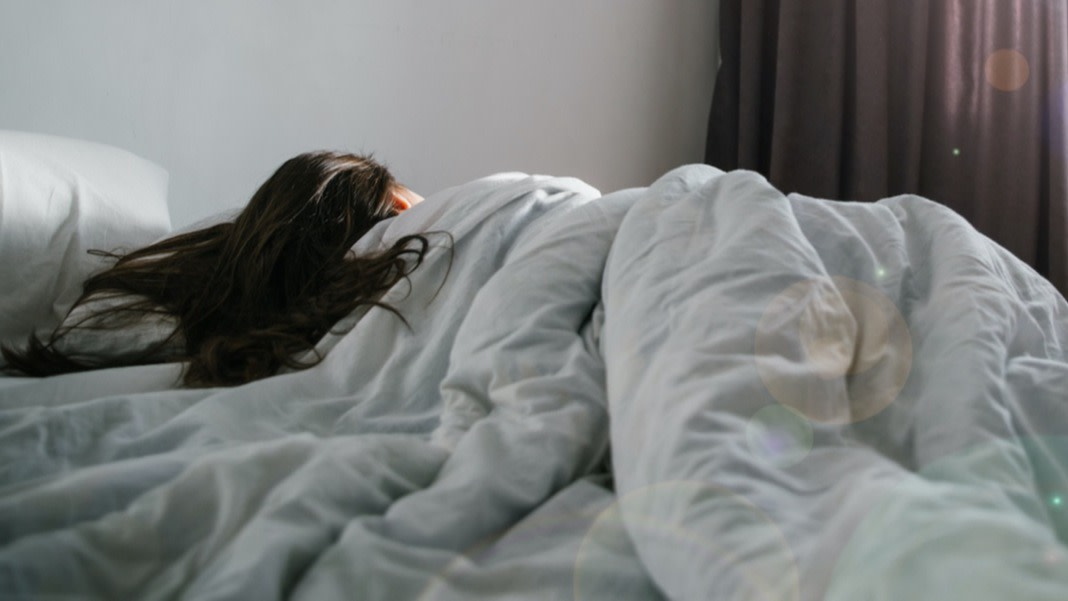Hypersomnia: Cause and Symptoms of Hypersomnia
Written by MasterClass
Last updated: Jun 7, 2021 • 2 min read
Hypersomnia is a sleep disorder that causes excessive daytime drowsiness. If you’re struggling with a sleep disorder like hypersomnia, understanding its root cause can help improve your quality of life.
Learn From the Best
What Is Hypersomnia?
Idiopathic Hypersomnia (IH) is a chronic neurological sleep disorder characterized by excessive daytime sleepiness, despite long sleep time (more than nine to ten hours in a 24-hour time frame). Individuals who experience hypersomnia often nap repeatedly over the course of the day—commonly at inappropriate times—without relief from their symptoms of sleepiness. Upon awakening, people may feel disoriented or have extreme difficulty getting out of bed. There are two types of hypersomnia:
- Primary hypersomnia: Primary hypersomnia occurs in people without any other correlated medical issues. Possible causes of primary hypersomnia can either be hereditary, a virus, or it can be idiopathic, meaning there is no clear medical root cause. Excessive fatigue is the primary symptom.
- Secondary hypersomnia: This occurs because of other medical conditions, which can include sleep apnea, kidney failure, obesity, and chronic fatigue syndrome. Such conditions can lead to insufficient sleep or disrupt nighttime sleep altogether.
What Are the Symptoms of Hypersomnia?
Excessive daytime sleepiness is the most common symptom of hypersomnia, as is sleep inertia and sleep drunkenness, which both affect motor and cognitive function when transitioning from a sleeping state to wakefulness. When the wake cycle becomes impacted in this way, it becomes harder for individuals to function as they normally would.
Other common symptoms of hypersomnia are irritability, drowsiness, anxiety, slow speech, memory problems, loss of appetite, and decreased energy.
Tests and Treatments for Hypsersomnia
There are several tests to determine whether or not you have hypersomnia. You should consult a medical professional if you think you have hypersomnia. Some tests for hypersomnia include:
- Epworth Sleepiness Scale: This test involves rating your sleepiness during the day to determine the condition’s severity.
- Polysomnogram: This test occurs overnight at a sleep center, where a machine monitors your brain activity for any abnormalities in heart rate, oxygen levels, breathing function, eye movements.
- Sleep diary: With a sleep diary, you’ll write down any sleep disturbances, sleep medicine you’re taking, and general sleep patterns to track and review your sleep.
- Multiple sleep latency test (MSLT): This test consists of a monitored nap during the day, measuring the quality of your sleep.
- Electroencephalogram (EEG): Using small, metal discs (electrodes) attached to your scalp, this test detects electrical activity in your brain and how its cells communicate even while you are asleep.
If your doctor determines that you have hypersomnia, they may give you a treatment plan that is similar to one for narcolepsy and that might include medications for sleep. Be sure to consult with your doctor about any possible side effects of this treatment plan. In trying to acclimate to a regular sleeping schedule, consider lifestyle changes such as a high-nutrition diet, cutting back on alcohol and caffeine consumption, and a consistent sleep schedule.
Want to Learn More About Catching Those Elusive Zs?
Saw some of the best darn logs of your life with a MasterClass Annual Membership and exclusive instructional videos from Dr. Matthew Walker, the author of Why We Sleep and the founder-director of the Center for Human Sleep Science at the University of California, Berkeley. Between Matthew’s tips for optimal snoozing and info on discovering your body’s ideal rhythms, you’ll be sleeping more deeply in no time.
